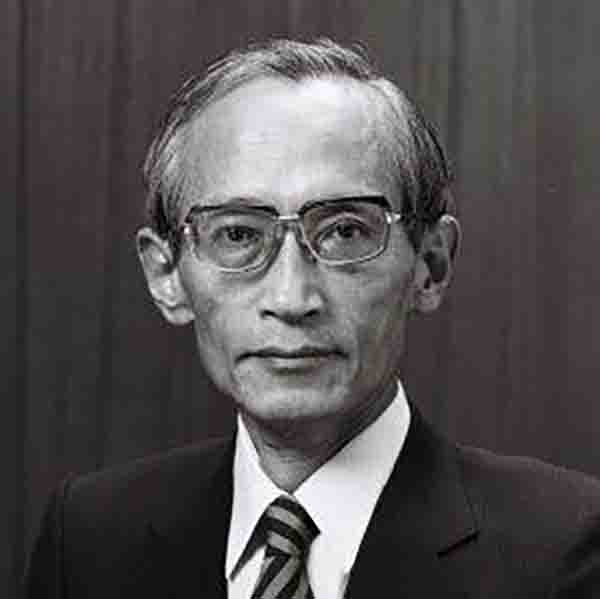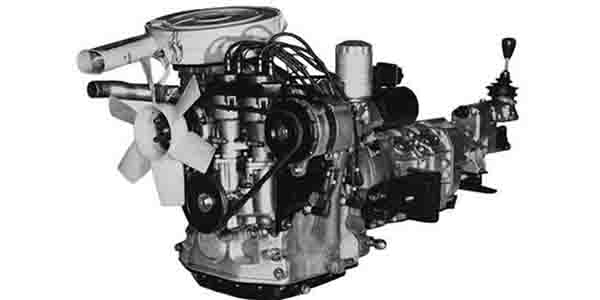Kenichi Yamamoto, the lead engineer on the team that produced a commercially viable rotary engine for Mazda Motor Company, and later became its president and chairman, died on Dec. 20 near Tokyo. He was 95.
His death was confirmed by Mazda, which was called Toyo Kogyo until 1984.
Yamamoto began his career working in a Toyo Kogyo factory after World War II, but he soon shifted to engine design, which accelerated his rise in management.

Around 1961, Toyo Kogyo’s president asked Yamamoto to supervise a group of engineers who were trying to perfect the rotary engine that had been invented by a German engineer, Felix Wankel. With few moving parts, the rotary was a compact alternative to conventional engines, with their reciprocating pistons, connecting rods and crankshafts.
While the rotary represented opportunity and risk, his team produced a successful engine: The prototype of a stylish rotary-powered coupe called the Cosmo made its debut at the Tokyo Motor Show in 1963.
Rotary engines were mass produced and featured in the company’s sporty compacts, but they had a significant flaw: poor fuel economy, which became a liability when an energy crises struck in the early 1970s. Sales dropped, and the company was close to bankruptcy.
In 1974, Yamamoto became the head of Toyo Kogyo’s project to find fuel-saving innovations; he was adamant that the company could not abandon a breakthrough technology that set it apart from its competitors.
An engine overhaul worked, and the engine’s fuel economy rose significantly as did sales of the rotary-powered Mazda RX-7.
But while the rotary engines remained the hallmark of the company’s innovation, the fuel shocks of the 1970s led it to rely increasingly on piston-engine vehicles.

As head of research and development, Yamamoto listened to a suggestion in 1978 from Bob Hall, who was then working for Autoweek magazine, that the company build an inexpensive two-seat roadster. The idea did not advance for three years.
In 1985, after Yamamoto became president, he recommended that the company’s board approve production of the car: the MX-5 Miata, which proved to be immensely popular.
One of Yamamoto’s other priorities as president was to expand Mazda’s presence in the United States by building an assembly plant in Flat Rock, MI. The factory became a symbol of Mazda’s continuing partnership with the Ford Motor Company, which bought 50 percent of the plant in 1992, augmenting its existing 25 percent stake in Mazda.
Yamamoto stepped down that year after five years as chairman. Mazda’s last mass-produced rotary-engine car was the 2012 RX-8. The rotary engine powered 1.8 million Mazda vehicles.
Source: New York Times
